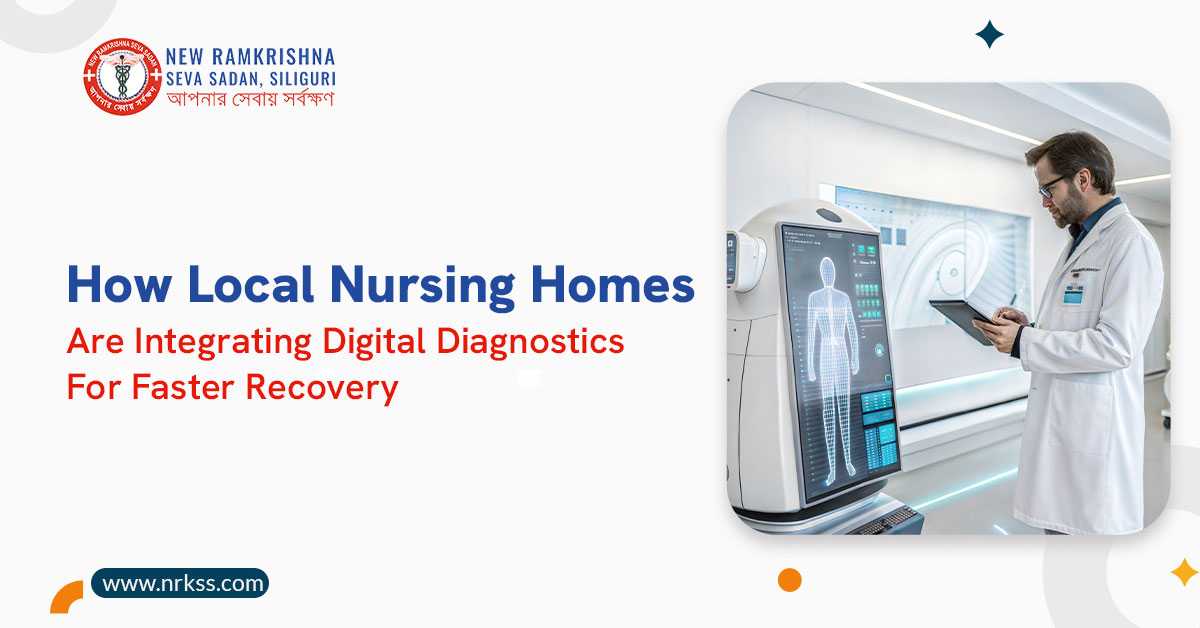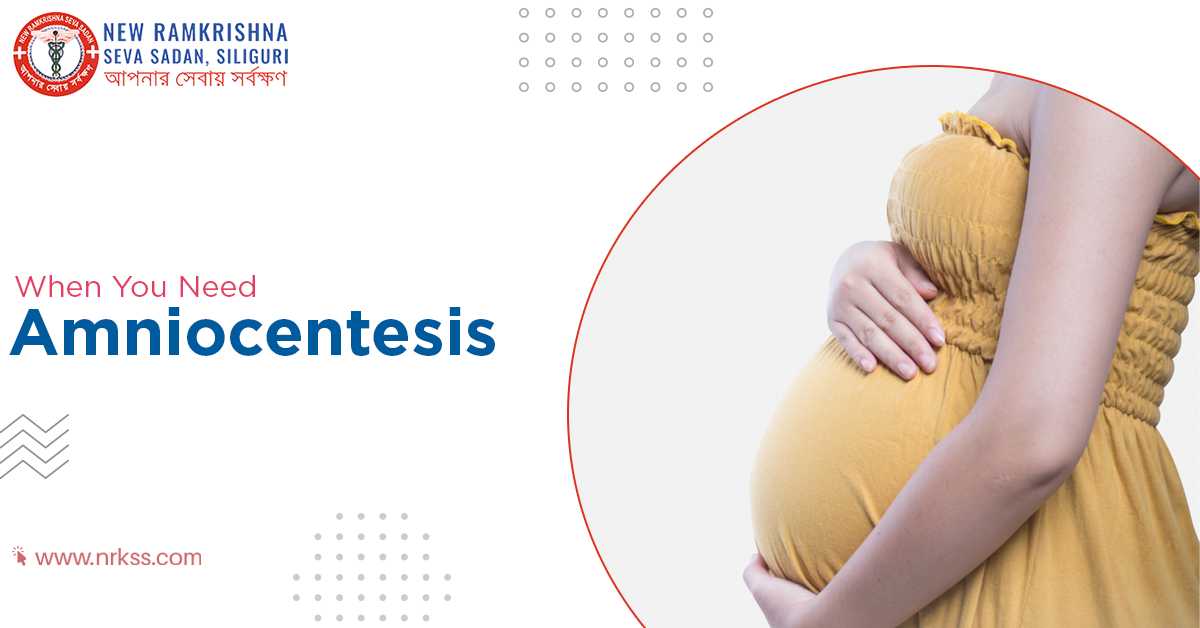Pregnancy includes risks, and that’s for all pregnancies. Some specific conditions increase the chance of complications. But you need not worry since most pregnancies end up with healthy delivery. This blog talks about a clinical procedure called amniocentesis. Have further insights.
There are a number of procedures that help diagnose the growth of a fetus inside the womb. The importance of prenatal ultrasound is immense. Therefore, you should not miss it. If health care providers understand the need for performing amniocentesis, they may order. Receive A1 pregnancy guidance and postnatal support at the best maternity hospital in Siliguri.

Doctors suggest amniocentesis in order to diagnose genetic disorders and other health concerns concerning the fetus' health. Amniotic fluid during pregnancy surrounds your baby in the uterus, safeguarding your baby against injury, temperature changes, etc. This body fluid lets your body move as it requires.
Also, this body fluid contributes to bone growth, lung development, et al. In certain cases, the level of amniotic fluid gets too high or too low. Both such conditions can be alarming. The medical terms for inadequate amniotic fluid and too amniotic fluids are oligohydramnios and polyhydramnios.
Why is Amniocentesis Performed?
During your gestation, your doctor recommended a routine prenatal ultrasound. In case, your medical care provider finds something unusual during prenatal screening, that can be a reason for performing amniocentesis. Reach out to the best maternity hospital in Siliguri.
This medical procedure rules out if there's any abnormality present like birth defects or genetic disorders. Conditions that amniocentesis may help diagnose include:
- Down’s Syndrome. It’s a genetic chromosome 21 disorder that leads to abnormal cell division resulting in extra genetic material from chromosome 21. Also known as trisomy 21. Several health complications may take place such as gastrointestinal defects, sleep apnea, heart defects, spinal issues, leukemia, seizures, dementia, hearing impairment.

- Patau’s Syndrome. Also called Trisomy 13, occur during reproduction that may come from either egg or sperm. Complications may involve stillbirth, miscarriage, mental and physical abnormalities, etc. Trisomy 13 is a genetic disorder caused by the presence of an extra chromosome 13 instead of two.
- Cystic Fibrosis. It’s an inherited health condition accounts for damaging the lungs and digestive system. It affects the cells responsible for producing sweat, mucus, and digestive juices. Untreated CF can cause respiratory failure. At the same time, CF can put both men and women at risk of fertility complications.
- Sickle Cell Disease. This term refers to a medical concern that causes red blood cells to break down. Signs may vary from individual to individual. It may lead to anemia, frequent infections, swelling of feet, or hands, periodic pain, vision issues, stroke, leg ulcers, pregnancy concerns, etc.
Make sure that you know about the risk factors as well. You should have access to proper knowledge of what this test is about or why your doctor suggests this test. The entire process may take about 30 minutes. During this time, your doctor with the help of a fine needle takes a sample of amniotic fluid for lab tests.






